Day 1 :
Keynote Forum
Charlotte Ann Syme
British Columbia Institute of Technology, Canada
Keynote: Learning to be a dying person: Being inside/outside cancer treatment
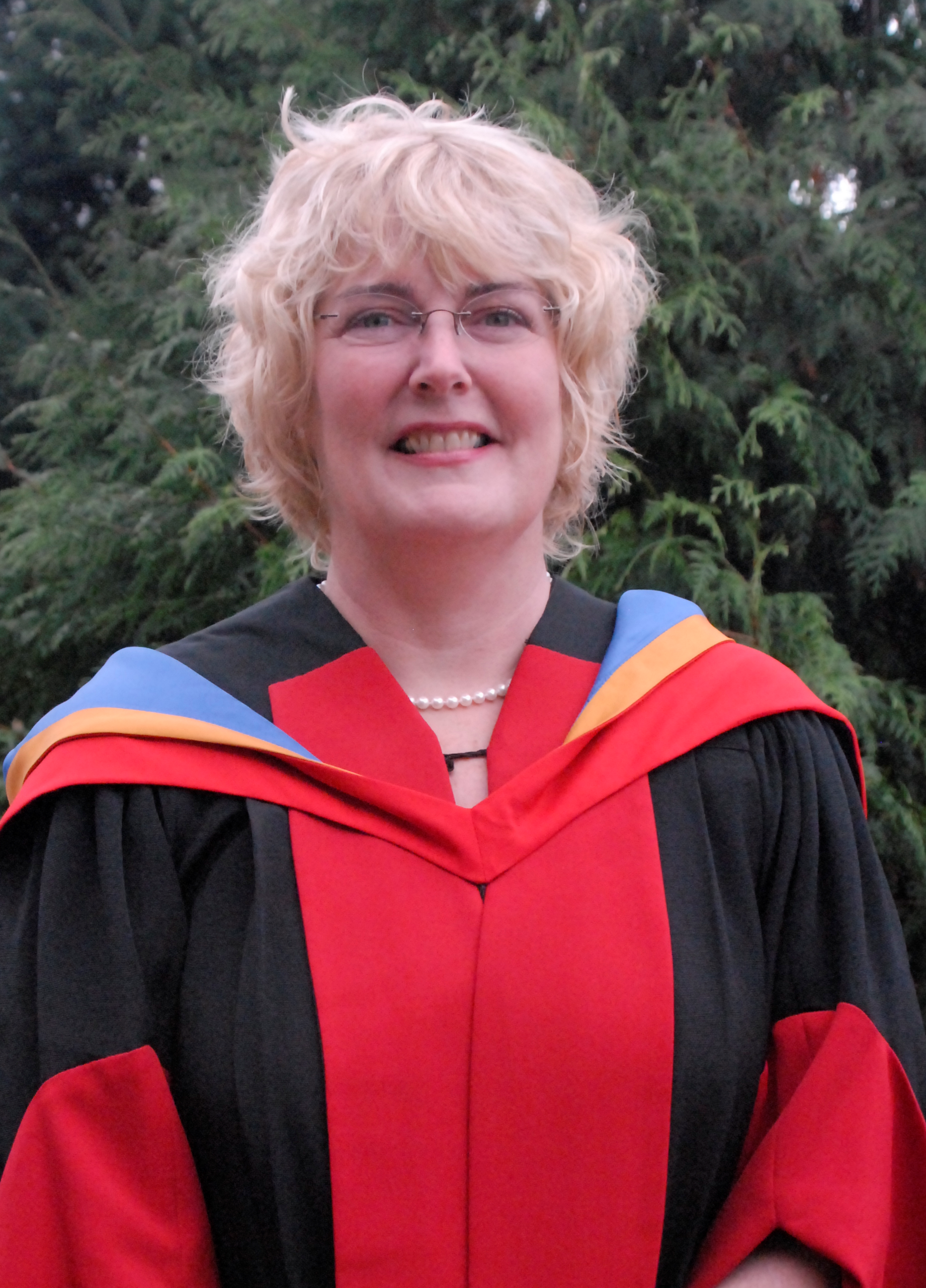
Biography:
C Ann Syme has completed her PhD in 2011 from the University of Victoria and went on to found the first Institute for Palliative End-of-Life Care in Canada, promoting research, education and policy development for this clinical area. She is the Associate Dean of Nursing, School of Health Sciences, BCIT a premier education organization in BC, Canada. He has published more than 20 papers in reputed journals, co-authored books, and co-wrote several policy paper focusing on capacity building in the field of end-of-life care. She also founded the second Canadian JBI Sythesis Centre, and is noted for her passion about evidence informed care.
Abstract:
This paper explores the author's dissertation where the question 'how does a person who is a cancer patient find their way to being a dying person?' Through the lens of modernism (Giddens) and discourse analysis (Foucault), the author examines how the institution of cancer control is constituted, and how the cancer patient is co-constructed by this system and people entering into it as people needing cancer treatment? From this perspective, the more solitary and less shaped experience of 'unbecoming a cancer patient' is explored for those cancer patients whose treatment has failed. The space between the expert systems of cancer control and palliative care is what is revealed and explored. Who is this liminal person and how might their needs in this space and at this time be met, perhaps without succumbing to the modernist temptation to create yet another expert system to manage this? This paper has implications for person centred system redesign.
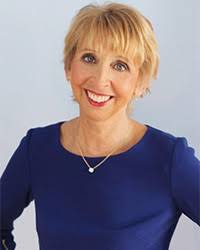
Biography:
Joy Baldridge, CPC, CSP, is a renown self-management expert who helps the best companies in the world become even better at increasing revenue and productivity while decreasing stress and frustration. She began her speaking and training career at birth. She was born into a family of driven entrepreneurs and dynamic educators. Her parents founded the Baldridge Learning Center in 1956. Her first official speaking engagement was at the White House, at the age of 19. She got there by cold calling the president. In 1992, Joy founded Baldridge Seminars International, a professional development organization that focuses on management, leadership, sales, communication and priority management skill development. In her seminar and keynote presentations Joy shares innovative ways to adapt to change while increasing revenue, productivity and profitability. Her keynote presentations and seminars are highly entertaining, extremely informative and completely customized. They are known for producing immediate, positive, and tangible results.
Abstract:
Stress = Demands... The demands and deadlines that are placed upon you at work, at home and in life, and the demands and deadlines you place upon yourself, in these areas as well. Success with Less Stress is a presentation that is energizing, engaging, entertaining, insightful, interactive and informative. You will leave with an abundance of Joy's signature "Golden Nuggets" on how to live and work more in a more enjoyable, yet highly productive way. Below are few of the many techniques she shares:
"Golden Nugget" Takeaway Techniques
- Flexibility and adaptability - the essentials of how to take things in stride
- 4-4-6 Breathing to decompress and focus better and longer
- Purple Breaks to keep energy strong daily - Rhodopsin fatigue awareness
- Watch your Ogive - Managing the ups and downs in your day
- Ways to stay 'above the line' on the Ogive curve
- Recognize that interruptions cause forgetting, mistakes and derailments in your day
- Discover interruption recovery strategies that reclaim 5-10 hours of time in your week
- Learn how to 'Maintain the Campaign' and achieve successful "flow"
- Adopt a 'House of Glad' lifestyle
- Understand the significant payoff of 'Paying your R.E.N.T daily'
- Do the 'one thing' that will further your success for today and tomorrow
- Remember – You can’t boil the ocean – but drop by drop you can create great 'flow' in your day, month, year, life and future
- Keep in mind that “It will never be yesterday.” So why keep talking about it?
- Wave good bye to your WAFs (Worry, Anxiety and Fear)
- Nursing Science | Advances in Nursing Science | Advanced Nursing Practice | Nursing Education and Research | Theory of Nursing
Location: Desert Palm A
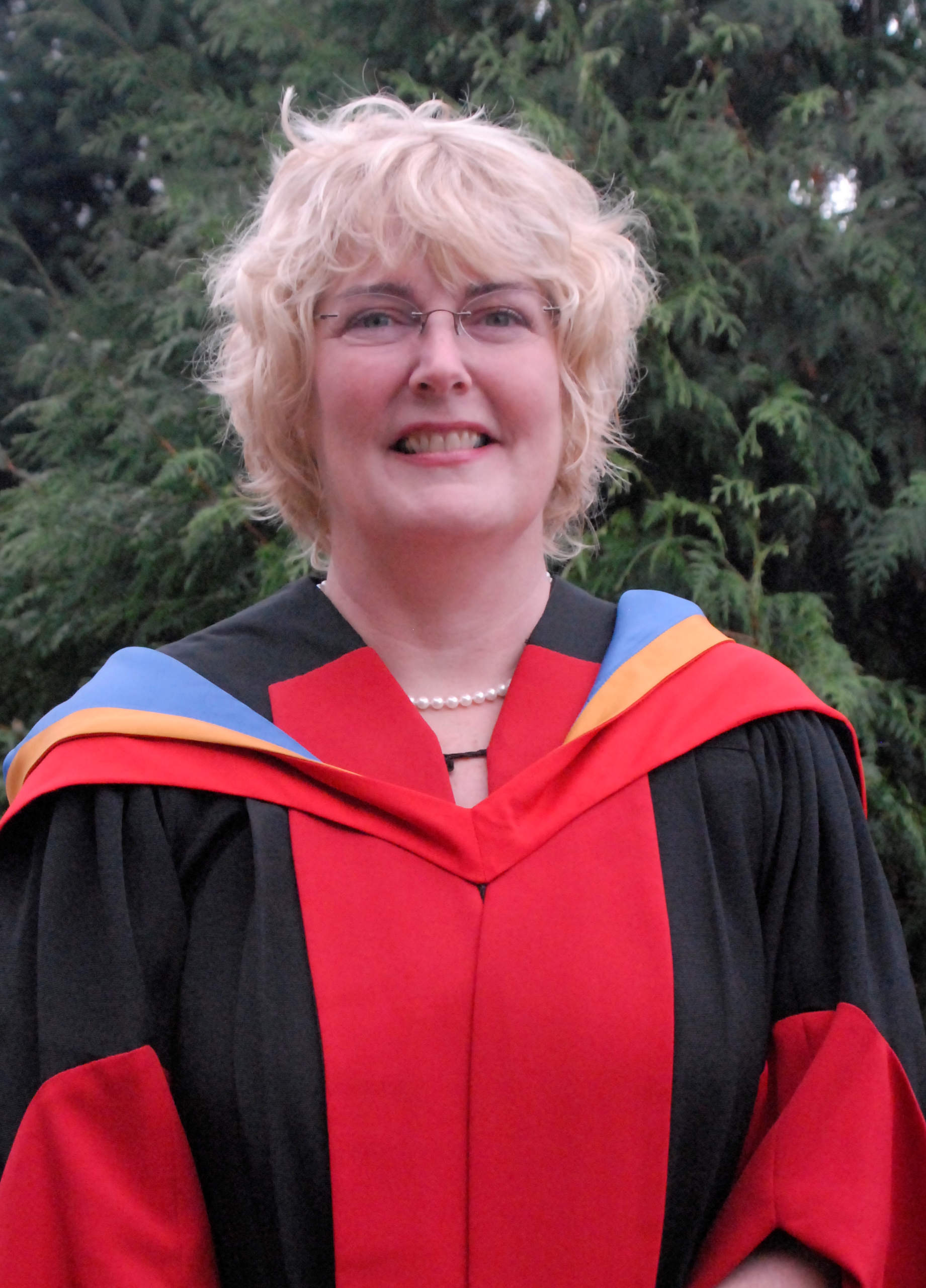
Chair
Charlotte Ann Syme
British Columbia Institute of Technology, Canada
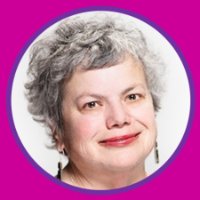
Co-Chair
Diann L Martin
American College of Education, USA
Session Introduction
Diann L Martin
American College of Education, USA
Title: Advancing a successful career in nursing
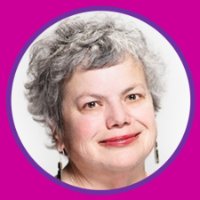
Biography:
Diann Martin has completed her PhD in 1990 at Rush University in Chicago IL. She has been a Nurse since 1974 with a specialty in Home Health and Hospice. Since 2005, she has been an Academic Leader in nursing programs nationwide and has held four positions as Dean and many online teaching assignments at BSN, MSN and PhD programs in Nursing. She is the best-selling Author of the successful and conscious caregiver in mastering the Art of Success published by Celebrity Press in July 2017. She is a certified success coach in the Jack Canfield Success Program and a Master Trainer in the Passion Test system helping people to identify and live their ideal lives. She has published three books on Nursing Practice and is a Member of the Center for Health Care Innovation.
Abstract:
This workshop will be an experiential approach to support nurses in both clinical practice and academics to identify and prioritize steps to achieve their ideal lives, both personally and professionally. Attendees will formulate five major priorities for achieving their life purpose and design a strategic attraction plan to aid in accomplishing this purpose. In addition, strategies for self branding and creating a professional profile will be presented. Make your life and career all that you want it to be. Nurses change lives; now it is time to change yours.
Amal M Alahmree
Johns Hopkins Aramco Healthcare, Saudi Arabia
Title: Development and implementation of a new graduate nurse mentorship program in Johns Hopkins Aramco Healthcare
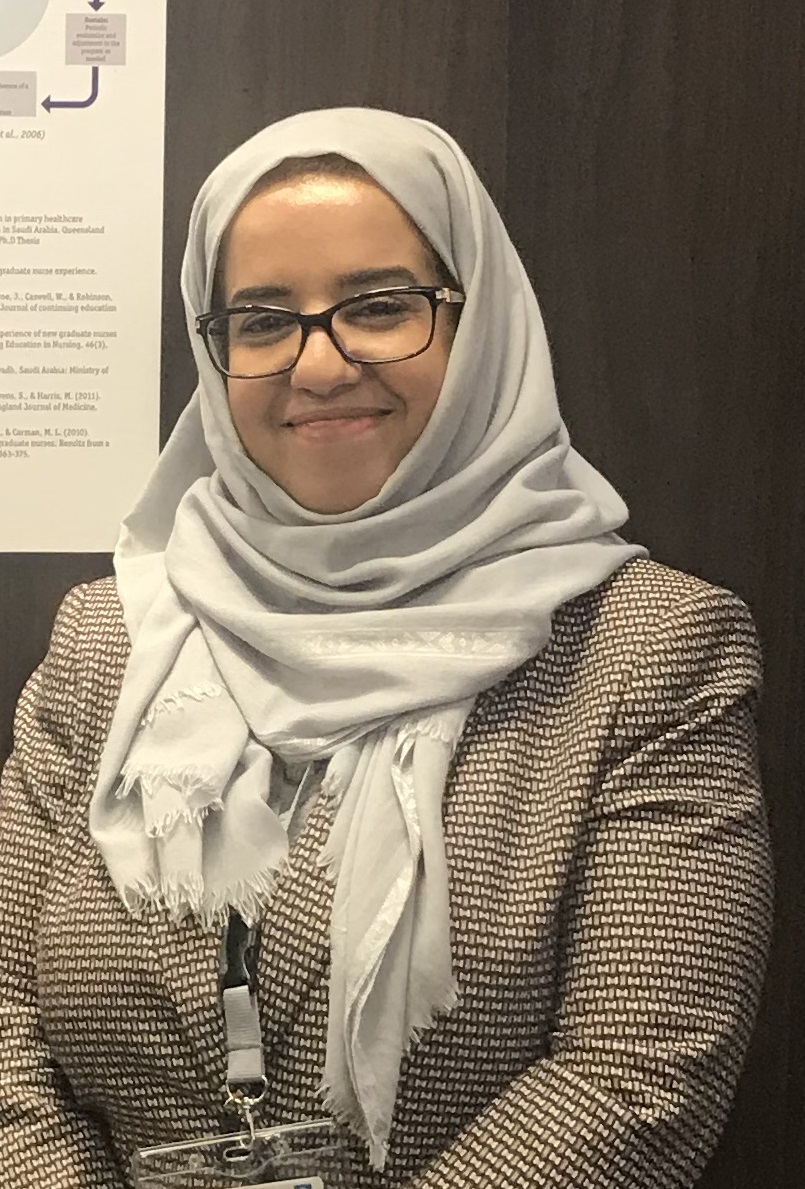
Biography:
Amal Alahmree has completed her DNP from Johns Hopkins University School of Nursing and Master’s degree from Nottingham University, UK. She is the Manager of Special Services Unit at Nursing and Clinical Services Department, Johns Hopkins Aramco Healthcare, Saudi Arabia.
Abstract:
Aims: The aim of this study was to increase retention and job satisfaction rate by an evidence-based intervention that may improve intent-to-stay for the new graduate nurses (NGNs) and improve their job satisfaction.
Background: Nursing staff insufficiencies often lead to suboptimal stafï¬ng characteristics, such as low stafï¬ng levels, high turnover rate, low Registered Nurse (RN) percentage among the professional staff, and more frequent use of nurse overtime. The literature shows that mentorship programs smooth transition of new graduate nurses into the workplace and the organizational culture. Mentoring increases staff retention by decreasing anxiety and promoting positive self-esteem and confidence.
Methods: The main outcomes for the project were measured on two different times to demonstrate the impact of Mentorship program participation on job satisfaction and intention-to-stay for the new graduate nurses. This Pre-test-Post-test study included one group of new graduates’ nurse’s pre-intervention (N=16) and post-intervention (N=14). Two sets of surveys were administered between February and June 2017. Questionnaires included demographic data, skill and procedure performance, comfort and confidence, job satisfaction, observations of the work environment, support, and reassurance, determine factors that influence job satisfaction to understand register nurse’s perceptions of professional mentoring.
Results: The mean scores of jobs satisfaction and intent-to-stay subscales of the Casey-Fink Graduate Nurse Experience Survey and the Casey-Fink Retention Survey were increased in post-test. There were statistically significant differences between pre- and post-test mean scores.
Conclusion: This study confirmed that a structured mentorship program for the NGN increases job satisfaction and intent-to stay. New nurses need specific support during their transition into nursing in response to their own prospects, experiences and learning needs.
Nonye Aghanya
Minute Clinic, USA
Title: Effective use of communication as a vital tool for trust development

Biography:
Nonye Aghanya is an Author and a Nurse Practitioner. She has co-owned and operated a private medical clinic and currently works in a retail clinic setting in Virginia. She has obtained her Master of Science degree from Pace University, New York and has worked in various outpatient/inpatient/home care health settings in New York and New Jersey. She presently serves as a Family Nurse Practitioner at a Retail clinic in Virginia. She has worked as a Registered Nurse for 10 years before becoming a Family Nurse Practitioner, a role she currently holds for over 16 years. She is fluent in English and Ibo. She is the Author of “Simple Tips to Developing a Productive Clinician-Patient Relationship” which is based on many clinical experiences in diverse health care settings and interactions with patients; and other clinicians in the past twenty-five years. She is also a Speaker and an Entrepreneur.
Abstract:
Poor communication skills greatly contribute to the mistrust that is often experienced between patients and clinicians. It’s important to note that patients often experience high levels of apprehension during their clinical/hospital visits. Sometimes, such high anxiety levels manifest as various patient attitudes that could become a deterrent to the development of productive clinician-patient relationship. It is vital for nurses/clinicians to refrain from using a one-size-fits-all communication approach for all patient encounters because people have different personalities and backgrounds and thus perceive and react differently to the same information presented to them. The key for trust development is in the delivery method of information. To attain trust development through effective communication, the clinician’s communication style must be tailored to each patient’s personality, attitude and back ground. Naturally, many, if not all nurses and clinicians put their best foot forward during each patient’s consultation with the expectation to make a connection with the patient and have a productive conversation. It is important to note that realistically, however hard a clinician may try to make a great impression, due to various reasons, there are still many patients who would not achieve a decent level of comfort with the clinician. As a result, an honest and productive conversation is not achieved which hinders the development of a successful clinician-patient relationship. Often, effective communication between two individuals does not happen naturally at first, it must take a conscious effort on the clinician’s part to be realized. Do you know that there is a strategic approach to experience a stress-free, successful consultation with each patient for improved trust development and productivity? My book, simple tips to developing a productive clinician-patient relationship gives simple tips to achieve this for 16 different patient attitudes/behaviors.
Edward Garcia
California State University, USA
Title: Handheld tympanometry in the diagnosis of idiopathic sudden sensorineural hearing loss
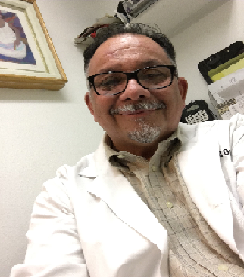
Biography:
Edward Garcia is a Clinical Audiologist and an Assistant Professor at California State University, Long Beach. His area of specialty is diagnostic audiological, providing services to linguistically diverse clients of all ages. He is a bilingual, California Licensed Audiologist and has been in private practice for over 20 years.
Abstract:
Idiopathic sudden sensorineural hearing loss (ISSNHL) is an urgent condition for which immediate treatment is of paramount importance. Because, patients often seek initial treatment and evaluation in urgent care or primary care settings, an immediate audiological assessment may not be available. As such, handheld tympanometry may have the potential to assist with triage and appropriate management of sudden-onset sensorineural hearing loss. Primary care providers usually have first contact with these individuals and a prompt referral to an otolaryngologist (ENT) or an audiologist is critical. I have designed a flowchart that can be used by these providers. A patient complaining of a single-sided hearing loss can be referred appropriately by following the flowchart and using an otoscope and a handheld tympanometer.
Mohsina Hussain
Aga Khan University Hospital, Pakistan
Title: Promoting e-health and implementing discharge nurse role: Improving patient satisfaction

Biography:
Mohsina Hussain has completed her BS in Nursing in year 2015 from Aga Khan University Hospital. From 2015 till date, working in heart lungs and vascular service line designated as Discharge Nurse Coordinator.
Abstract:
Administration of evidence based discharge instruction to the patients reduces readmission rates in the hospital and ensures safe adjustment of patients at home. Many patients experience lack of discharge instruction accordingly to their specific disease processes and treatments, essential follow-up and identification of early warning signs for readmission. Therefore, one on one patient education and their transition from hospital to home, continuous guidance and support is essential to improve quality of care outcomes. The focused objectives includes: To provide continuous care and support through the helpline service by a discharge nurse coordinator; and To provide assistance to patients by engaging them on social media. The comprehensive literature reviewed, covering the period of 2011 to 2016, using the data bases pub meds, science direct and journals of medical associations. Altogether, there were six discharge instructions were formulated according to the specific specialty. To ensure the effectiveness of these teachings, a designated discharge nurse is given the responsibility to deliver one on one discharge education to patients during the hospital stay with continuing support and guidance. In addition, a telephonic helpline service model was also designed for post discharge patients to answer their quarries and concerns, to perform follow up calls and to ensure their safe adjustment to home. Moreover, a constructive use of social media through What’s App group is formulated as per these specialties in collaboration with primary physician for the discussion of post discharge patients’ concerns on daily basis. During the month from January 2017 to July 2017, 2266 patients were discharged from the heart, lungs and vascular service line. The discharged nurse contacted 2247 patients means about 98% patients are been contacted through follow up calls and their concerns are managed at home. Moreover, majority of the patient’s concerns are dealt by discharge nurse and few were required to discuss with physician/consultants. This initiative led overall patient satisfaction level to 90%, and reduced readmission rates. The discharge process is the most important implementing plan in the hospital to communicate with the patients.
Karen Howard
California State University, USA
Title: Addressing the social determinants of health: The nurse practitioner’s role
Time : 15:50-16:20

Biography:
Karen Howard graduated from Willamette University in 2011 with a bachelor’s degree in Exercise Science before completing a year as an AmeriCorps volunteer working to provide medical services to the underserved population in St. Louis, MO. She then graduated from Barnes-Jewish Goldfarb School of Nursing with a Bachelor of Science in Nursing in 2013 and will graduate this May from California State University, Los Angeles with a Master of Science in Nursing – Family Nurse Practitioner and post-master’s certificate in Nursing Education. She currently works as a critical care nurse at Henry Mayo Hospital in Valencia, CA.
Abstract:
The social determinants of health are the social, physical, and environmental conditions in a person’s life that affect overall health status. Currently, half of all Americans live with one or more chronic conditions, the treatment of which accounts for 86% of the nation’s health care expenditures. The social determinants of health, such as poverty, unemployment, food insecurity, and lack of stable housing have been shown to increase rates and severity of chronic conditions and lead to greater morbidity and mortality. Addressing these factors is crucial for obtaining positive health outcomes for patients and is one of the key components in the Department of Health and Human Service’s Healthy People 2020 initiative. Nurse practitioners are a growing member of the healthcare team of the underserved and are uniquely prepared to address the social determinants of health. Nurse practitioners have comparable patient medical outcomes to other family practice providers; yet, they offer added benefit for addressing the psychosocial causes of disease through their background and training in the nursing model of health, which focuses on the patient as a holistic being. Nurse practitioners are also experienced in dynamic, collaborative communication with patients and use an interdisciplinary approach to overcome barriers affecting a patient’s health status. Thus, through their specific training and experience, nurse practitioners can assist patients to overcome the social determinants of health and live better, healthier lives.
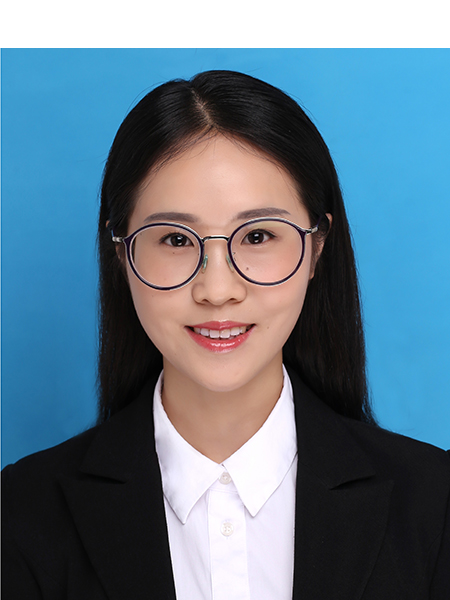
Biography:
Qianqian Mou has completed her MD at the age of 25 years from Sichuan University. She is the RN of department of abdominal oncology, Cancer Center, West China Hospital of Sichuan University for two years. She has published 6 papers about oncology nursing in China and Italy journals.
Abstract:
Lung cancer is the most common malignant tumor in China. 19%-78% lung cancer patients suffer from depression and anxiety.At present, PICC plays a fundamental role in the safe administration of chemotherapeutic agents. And patients frequently express a high degree of anxiety in anticipation of the procedure. Literature yielded that music therapy as a kind of psychological intervention methods can improve anxiety. Objective: To examine the effects of music therapy on anxiety and vital signs (blood pressure, heart rate and respiratory rate) in Chinese lung cancer patients during receiving the peripherally inserted central catheter (PICC). Methods:A randomized controlled clinical trial was conducted in the cancer center of a hospital from May to December 2017. 304 lung cancer patients who met the inclusion and exclusion criteria were recruited and randomly assigned to either intervention or control group respectively. The control group only received standard care, while the intervention group received standard care and music therapy during receiving PICC (30-45 minutes).Measures include anxiety and vital signs. Results:A general linear model with univariate analysis showed that the intervention group patients had significant improvement in anxiety during PICC placement in the effects of group (F=68.55,P<0.001), time (F=938.86, P<0.001) and group*time interaction (F=204.56,P<0.001). The intervention group patients had lower diastolic blood pressure and heart rate than that of the control group with statistical significance (F=4.07,P=0.045;F=7.35, P=0.007). Conclusion:Music therapy can effectively reduce anxiety of lung cancer patients during PICC placement. It also can lower the patient's diastolic blood pressure and slow down heart rate during PICC placement.
Thomas A Sharon
Touro University, USA
Title: Behavioral transformation through inner conflict resolution: A new nursing theory

Biography:
Thomas A. Sharon is a clinical nurse practitioner at Touro University, Nevada, USA.
Abstract:
The discipline of Hassidic Philosophy, which emanates from a particular movement in Orthodox Judaism called Hassidism, begins with the premise that all of creation is a dichotomous world of opposites with both sides in a perpetual conflict with one another. The human construct is therefore a dichotomous spiritual entity manifested in the physical world through a mind-body. One side of this soul is the Godly intellect giving rise to the human identity or self-awareness and the other side is the animal soul whose purpose is to galvanize the body. Having learned that this discipline provides its followers with tools for behavioral transformation through inner conflict resolution, I find that it offers a clearer understanding of the spiritual component of holistic health and nursing theory as well as a tool for behavioral transformation that has practical application in nursing practice. Therefore, the purpose of this paper is to present the basic constructs of Hassidism as it pertains to human behavior, demonstrate its compatibility with existing nursing theory and offer a new methodology for advanced practice nurses (APN’s) to assist their clients in achieving behavioral transformation through inner conflict resolution.
